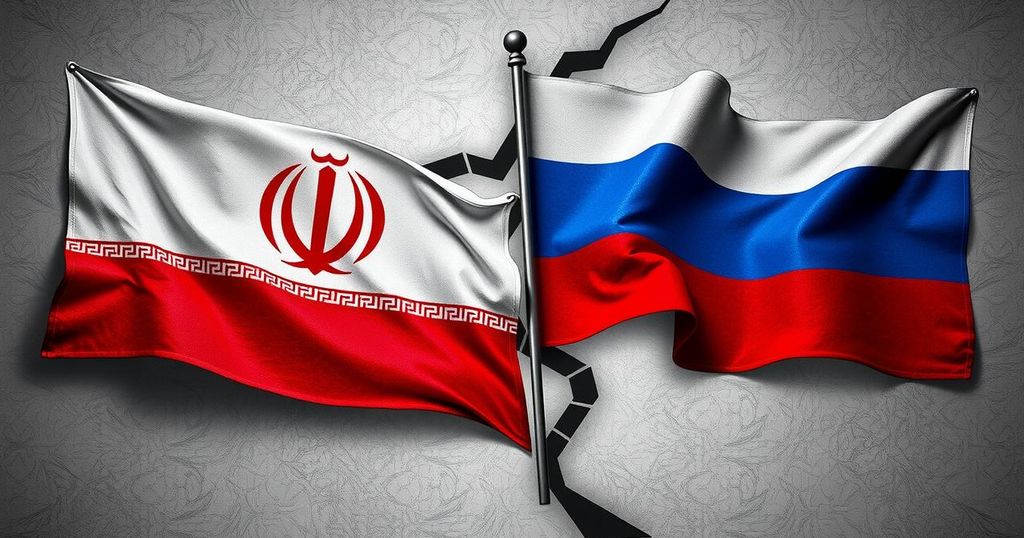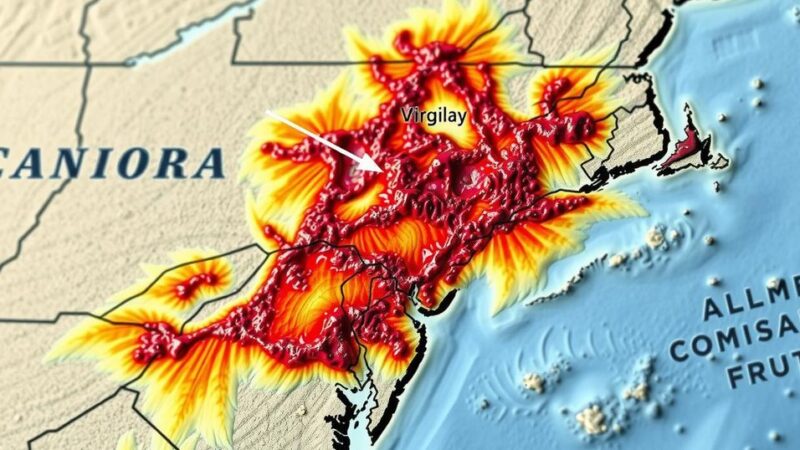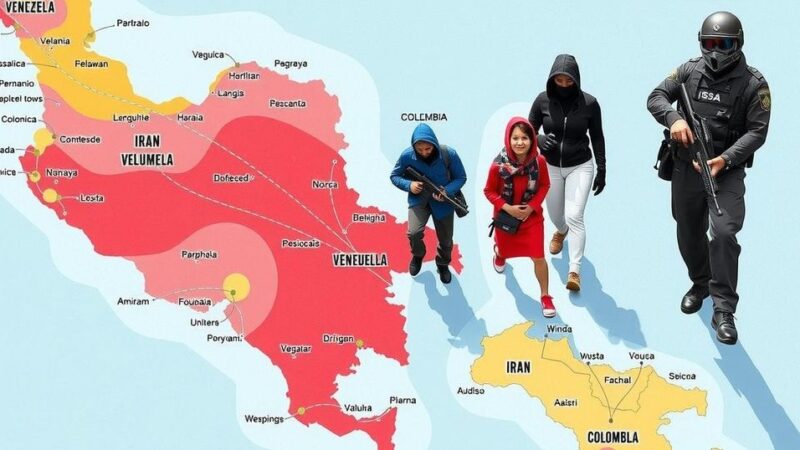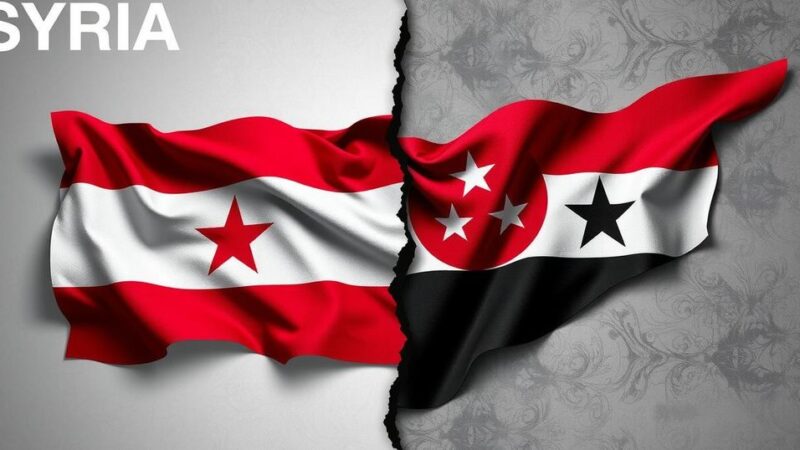Iran and Russia are set to formally sign a strategic partnership treaty, focusing on defense and cooperation amidst the backdrop of the Ukraine war. This relationship highlights a mutual goal of autonomy from Western sanctions as both countries deepen their military and economic ties, particularly in drone technology. The geopolitical ramifications of this alliance come as both nations face international condemnation for their actions in Ukraine.
The anticipated signing of a “comprehensive strategic partnership” treaty between Iran and Russia is set for Friday, coinciding with Iranian President Masoud Pezeshkian’s visit to Moscow. This collaboration has been galvanized by their shared status as outcasts in the Western political landscape, significantly intensified by the ongoing conflict in Ukraine. Russian President Vladimir Putin will confer with Pezeshkian, emphasizing enhanced defense and security cooperation, alongside discussions covering trade, investment, transport, logistics, and humanitarian efforts.
The treaty, which has been in conceptual development since last summer, is viewed critically by leaders in Ukraine, particularly President Volodymyr Zelensky, who sees this as a conspiracy among rogue states aimed at undermining Ukraine’s stability. The two nations’ cooperation predominantly manifests in military technology, with Russia utilizing Iranian-made drones against Ukraine and Iran establishing UAV production facilities in Russia.
Moreover, both governments are reacting to a shifting geopolitical landscape following the collapse of key ally Bashar al-Assad in Syria, attributed to insurgent forces backed by Turkey and NATO countries. Iran emphasizes that its pursuit of such treaties is fundamental to protecting its national sovereignty and independence, a significant priority after enduring pressure for decades. However, both nations face stringent sanctions from the United States and the European Union due to their alignment concerning the Ukraine war, raising concerns over possible military transactions, notably ballistic missiles, though definitive evidence remains unproven.
In recent geopolitics, Russia and Iran, often categorized as international pariahs, have proactively strengthened their alliance against Western sanctions and opposition. The increasing collaboration can be traced back to the ongoing war in Ukraine, which has motivated both nations to forge deeper ties for strategic security and economic purposes. Notable incidents, such as Iran’s provision of drones to Russia, illustrate the growing military engagement between these two states. They seek mutual assurance against perceived Western threats, endorsing their sovereignty in global governance dynamics.
In conclusion, the forthcoming treaty between Iran and Russia epitomizes a significant shift towards strengthened bilateral relations amidst adverse global scrutiny from the West. By focusing on defense, security, and broader cooperation across multiple sectors, both nations aim to consolidate their independence in the face of external pressures. This partnership not only underscores their solidarity against sanctions but also reflects a strategic alignment that may redefine regional power dynamics.
Original Source: oilprice.com







